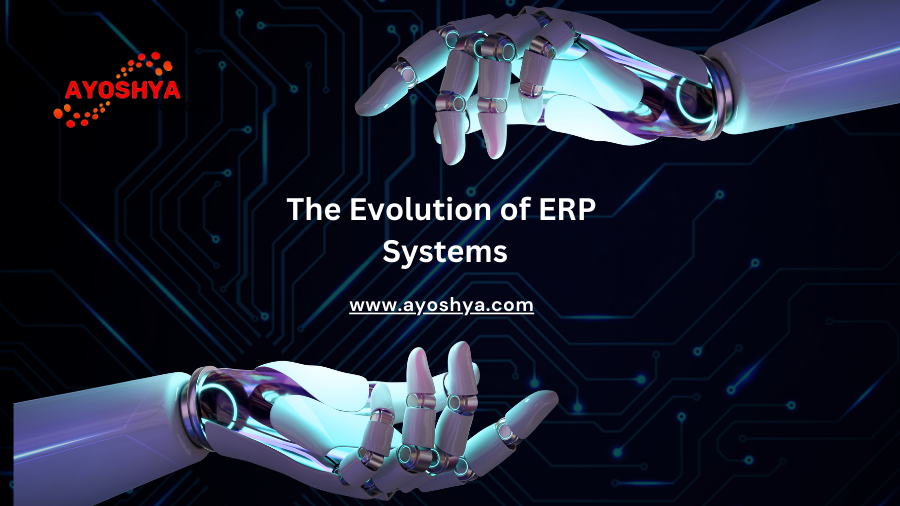The Evolution of ERP Systems
Traditional ERP systems emerged in the 1990s as comprehensive software solutions designed to integrate and streamline various business processes, including finance, human resources, supply chain management, and more. These systems aimed to replace siloed, manual processes with centralized databases and automated workflows.
The Significance of Traditional ERP Systems
Traditional ERP systems have been significant for several reasons:
1. Streamlined Operations
It centralize data and processes, reducing redundancy and improving efficiency across an organization.
2. Data Visibility
They provide real-time data visibility, enabling informed decision-making and enhancing transparency.
3. Enhanced Reporting
It offer robust reporting and analytics capabilities, helping organizations monitor performance and identify areas for improvement.
4. Improved Compliance
They help ensure compliance with industry regulations and standards, reducing the risk of legal and financial consequences.
Challenges with Traditional ERP Systems
Despite their many advantages, traditional systems face challenges in today’s rapidly changing business environment:
1. Complexity
Traditional ERP implementations can be complex, time-consuming, and costly.
2. Lack of Flexibility
Customizing traditional systems to meet unique business needs can be challenging and costly.
3. Scalability
Adapting traditional systems to accommodate business growth can be cumbersome.
4. Integration Issues
Integrating traditional systems with emerging technologies, such as cloud services and IoT, can be difficult.
The Role of Traditional ERP Systems in the Digital Age
While traditional systems have faced challenges, they still play a vital role in the digital age:
1. Legacy Support
Many organizations continue to rely on traditional systems and need ongoing support to maintain and enhance these systems.
2. Hybrid Solutions
Some businesses opt for hybrid solutions, integrating traditional ERP systems with newer technologies to bridge the gap between legacy and modern systems.
3. Industry-Specific Solutions
Some industries, such as manufacturing and healthcare, find value in specialized, traditional ERP systems tailored to their unique needs.
Conclusion
Traditional systems have been instrumental in streamlining business operations, enhancing data visibility, and ensuring compliance for decades. While they face challenges in adapting to the fast-paced digital landscape, their role remains relevant, especially in industries with complex regulatory requirements and established legacy systems. As businesses evolve, they must carefully consider how traditional ERP systems fit into their broader digital strategies and determine the best approach to leverage their strengths while embracing modern technologies.



